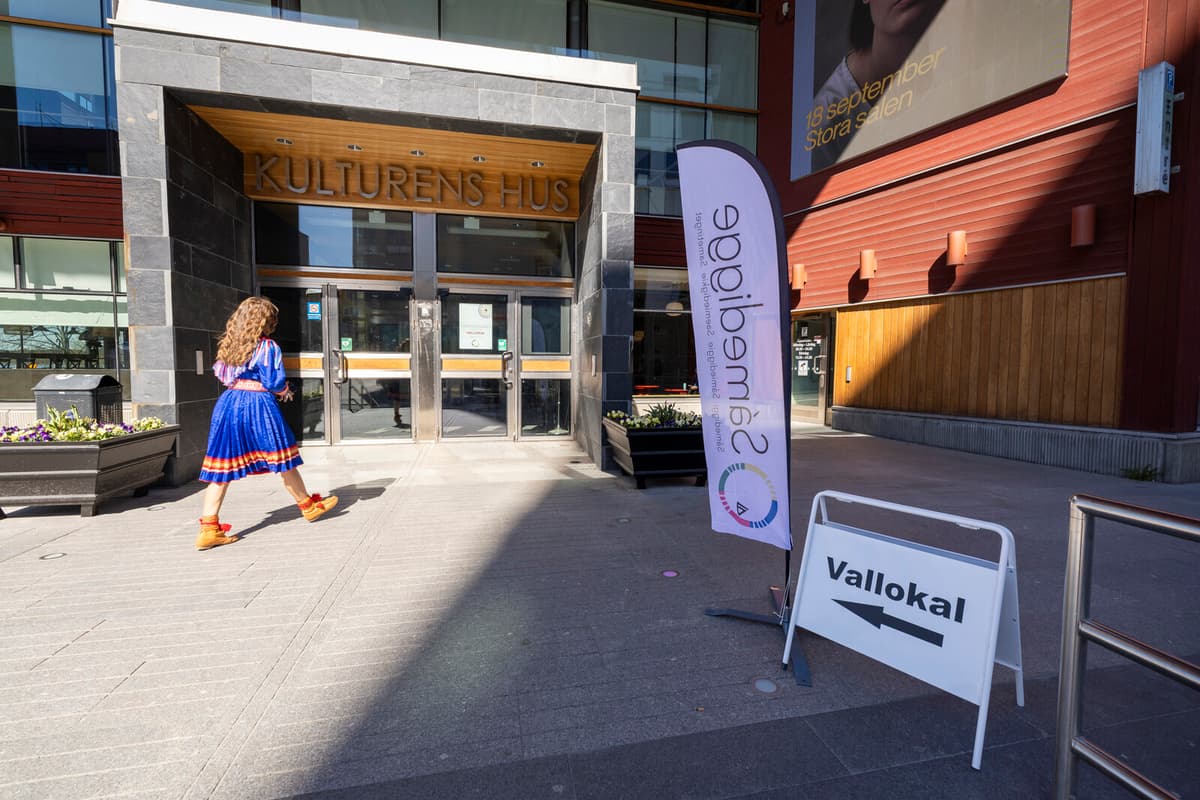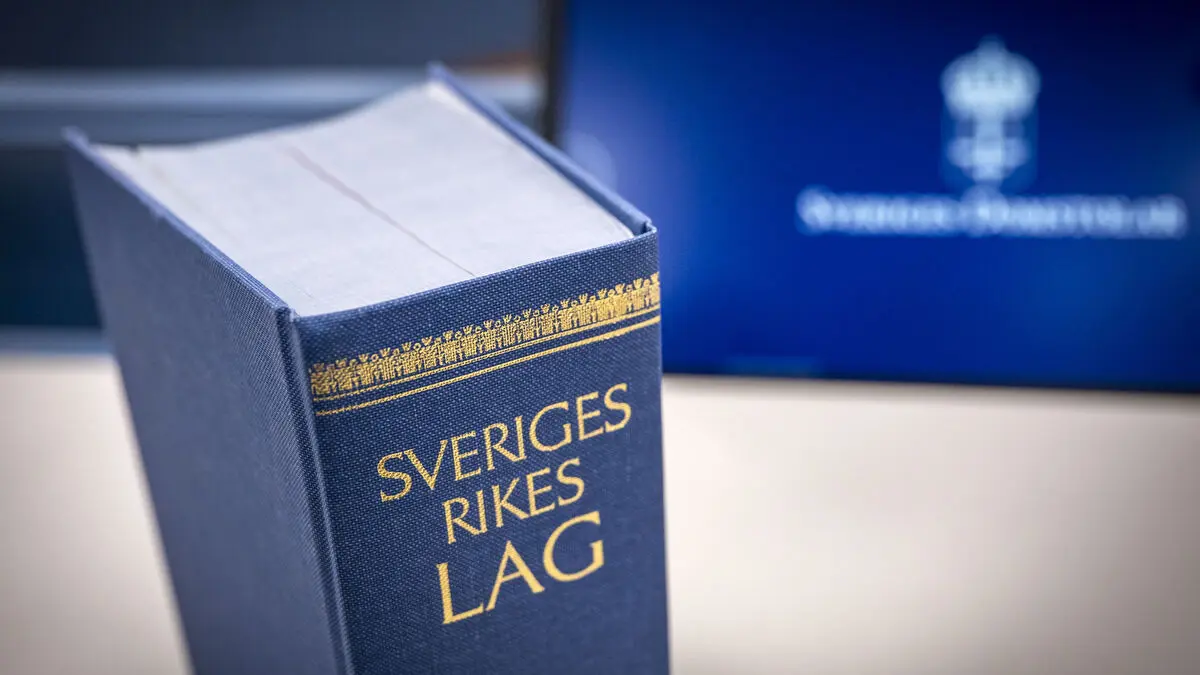Background to the decision, which Sameradion was the first to report on, are the eleven appeals that were received after the Sami Parliament election.
Most of them stated as grounds that 93 outer envelopes had not been re-glued by the polling officer, which is a requirement in the Sami Parliament election, says Cecilia Persson, chief rapporteur at the Election Review Board, to TT.
Of these votes, all from the polling station in Arjeplog, 88 were declared invalid. The Election Review Board has since made an assessment of whether the errors affected the election result. The decision is made, among other things, based on various probability assessments of whether it affects the distribution of seats or which candidate or member has been elected.
The Election Review Board has concluded that it believes the errors are so serious that it considers a re-election should be held. Then one cancels the result that the County Administrative Board has established and the entire election must be redone, says Cecilia Persson.
"No evidence"
How could this happen?
It does not appear from the investigation that we have in this case. One can only speculate about it, says Persson.
Is there any suspicion that this may have been done intentionally?
There is no such evidence. There is nothing to suggest it in the investigation. No one has presented or claimed it, says Persson.
Lars-Jonas Johansson, member of the Sami Parliament's board from the Jakt- och fiskesamerna party, thinks it's stupid that the election needs to be completely redone. He means that a new election is a large cost for the Sami Parliament.
It would have been better if it had only been redone for those who voted in Arjeplog, says Johansson.
He also believes that a re-election entails a risk of decreased voter turnout.
It's tricky to get people to go to the polling stations, so there's a risk that voter turnout will decrease. Then you won't get the same legitimacy in the result either, says Johansson.
"A couple of months"
The Election Authority will now decide on a date for the re-election.
One will have to see what is suitable considering that ballots need to be printed, premises need to be rented and polling officers need to be trained. It usually takes a couple of months, says Cecilia Persson.
In this year's election on May 18, 5,939 people voted, which meant a voter turnout of 60.9 percent. Jakt- och fiskesamerna became the largest party and received twelve seats. Thereafter followed Samelandspartiet with seven seats and Guovssonásti which received six seats.






